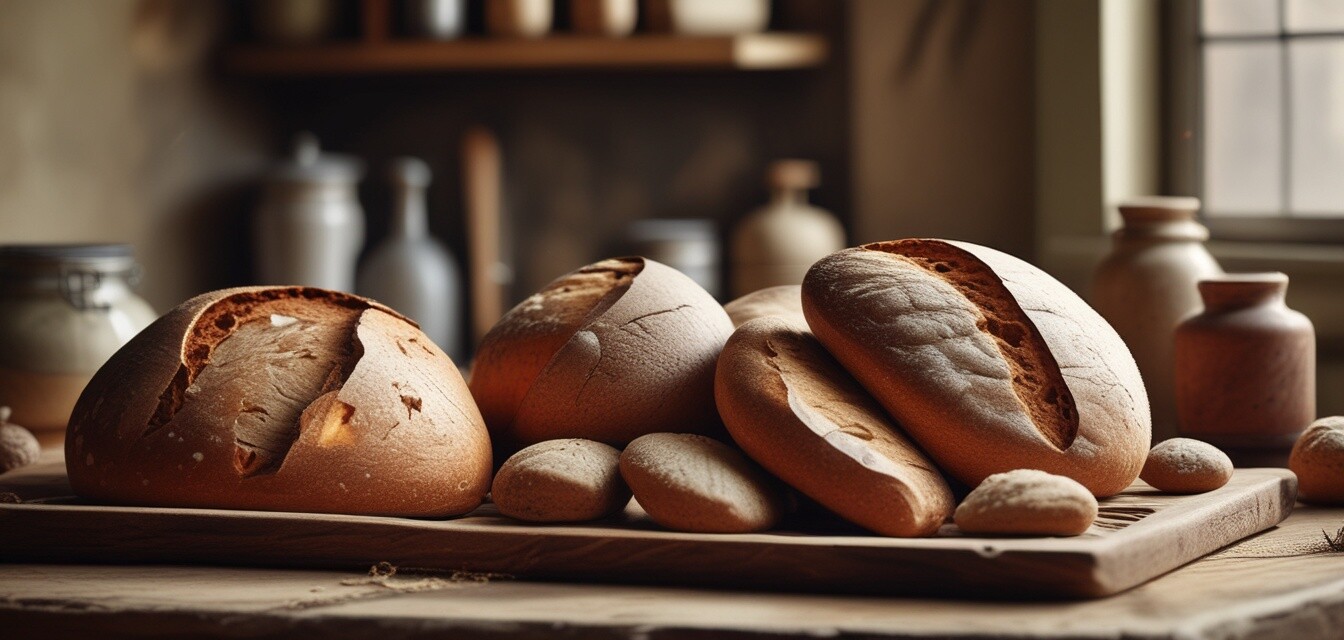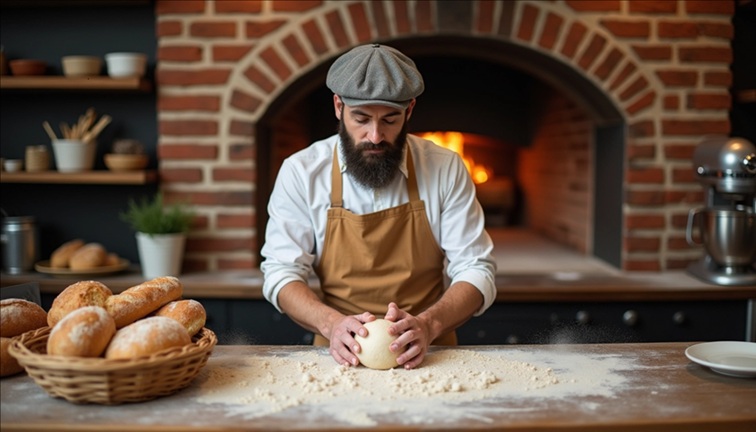
Top Must-Have Baking Stones for Artisan Bread
Key Takeaways
- Baking stones are essential for creating the perfect crust on artisan bread.
- Various materials such as cordierite and ceramic offer different baking experiences.
- Size and shape matter for achieving the best results in your baking.
- Proper care and maintenance of baking stones can enhance their longevity.
- There are numerous options and price ranges, making it easy to find the right one for your needs.
When it comes to baking artisan bread, one of the most crucial tools you can have in your kitchen is a good baking stone. These stones replicate the effects of traditional stone ovens by trapping heat and enhancing the texture and flavor of your breads. In this article, we'll explore the top must-have baking stones that every artisan baker should consider, along with essential features and tips for choosing the best one for your baking style.
Why Use Baking Stones?
Baking stones play a vital role in achieving a crispy crust and a tender crumb in artisan bread. They simulate the conditions of a professional bakery by ensuring even heat distribution and moisture retention. Some key benefits include:
- Even cooking: Baking stones provide uniform heat that helps prevent hot spots.
- Moisture retention: They create steam for crust development, resulting in bakery-quality loaves.
- Diverse options: Available in various materials, sizes, and thicknesses to suit different needs.
Types of Baking Stones
When selecting a baking stone, consider the following materials:
| Material | Features | Best Use |
|---|---|---|
| Cordierite | Durable, good heat retention, and easy to clean. | Great for beginners and experienced bakers alike. |
| Ceramic | Offers superior heat distribution and retains moisture well. | Excellent for breads that require high heat and steam. |
| Granite | Very durable and can withstand high temperatures. | Ideal for sourdough and crusty breads. |
| Cast Iron | Provides exceptional heat retention and is very heavy. | Perfect for baking pizzas and artisanal breads. |
Choosing the Right Baking Stone
Here are some tips to help you choose the right baking stone for your artisan bread:
Tips for beginners
- Consider the size of your oven: Ensure the stone fits comfortably on your oven rack.
- Look for stones that are at least ½ inch thick: Thicker stones provide better heat retention.
- Check for a smooth surface: A smooth stone allows for easier sliding of the bread.
- Read reviews: Learning from other bakers’ experiences can guide your purchase.
Popular Baking Stones on the Market
When it comes to popular baking stones, you’ll find that various brands offer unique features. Below is a summary of some common options available:
| Brand | Material | Thickness | Price Range |
|---|---|---|---|
| Brand A | Cordierite | 0.5 inches | $$ |
| Brand B | Ceramic | 0.75 inches | $$$ |
| Brand C | Granite | 1 inch | $$$$ |
| Brand D | Cast Iron | 0.5 inches | $$$$ |
How to Care for Your Baking Stone
Proper care is essential to ensure the longevity of your baking stone. Here are some care tips:
- Allow to cool completely before cleaning to avoid thermal shock.
- Scrape off food debris with a metal spatula or dough scraper.
- Do not wash with soap; simply rinse under hot water and dry thoroughly.
- Store in a dry place, and avoid stacking with other cookware to prevent scratches.
Conclusion
Baking stones are a game changer for anyone passionate about artisan bread. From achieving that perfect crust to ensuring even baking, choosing the right stone is essential for success. Explore our detailed guides for different baking accessories like baking stones and proofing baskets to enhance your baking journey!
